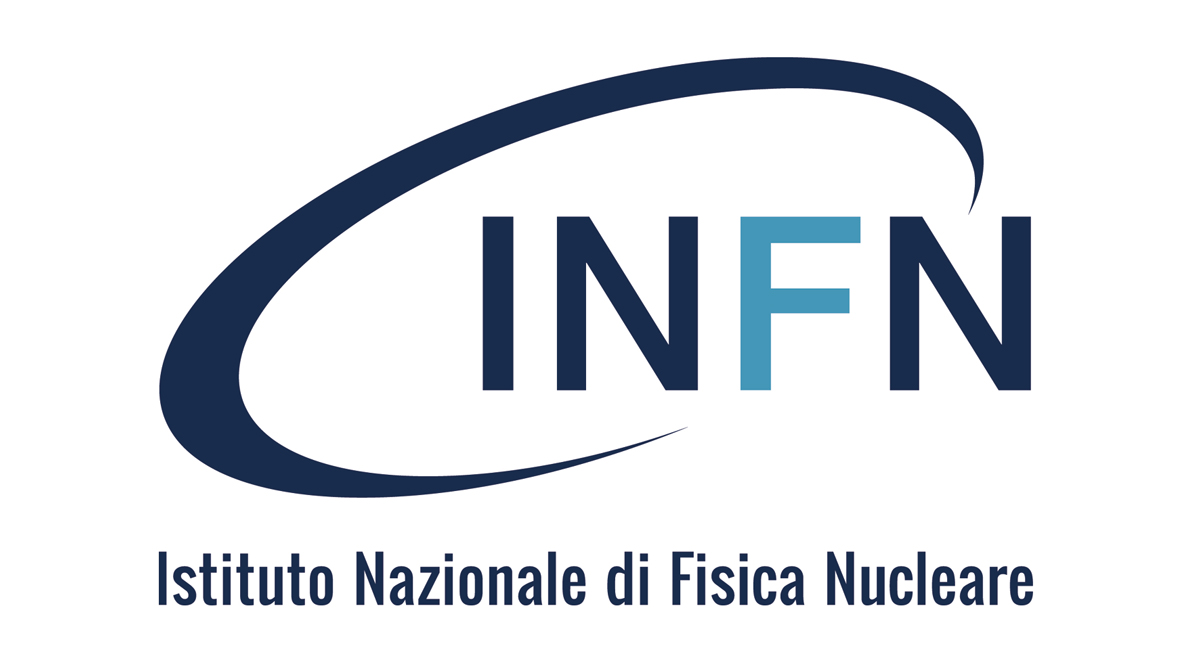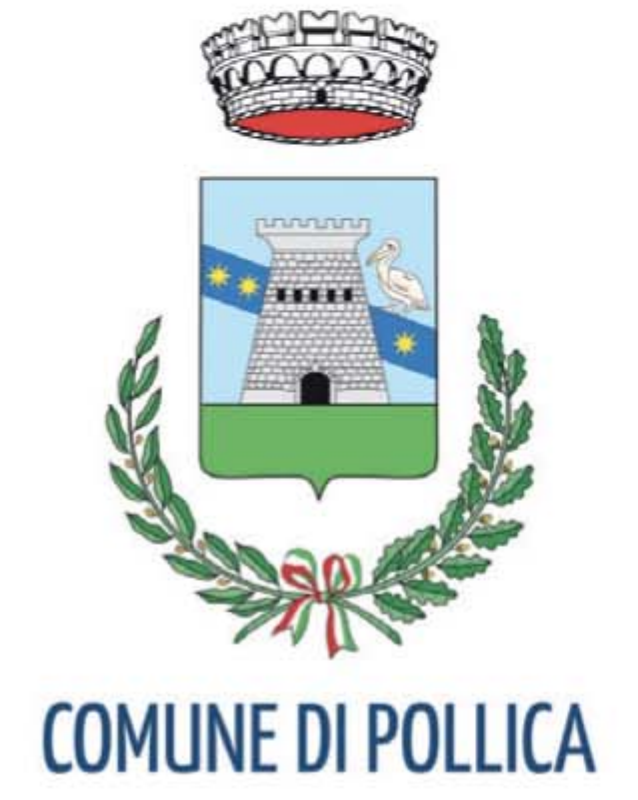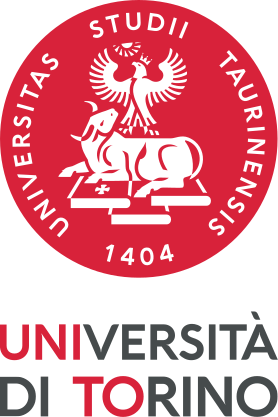Defects, from condensed matter to quantum gravity
Castello dei Principi Capano
Defects, from condensed matter to quantum gravity
Quantum field theories are often defined in terms of local operators and their correlation functions. But a much richer set of observables includes probes which are extended in space and time, such as heavy impurities, boundaries or interfaces, and which are referred to collectively as defects. Defects also appear when studying entanglement between subregions of space, and even when modeling the interface between strongly and weakly gravitating regions of spacetime. They are studied by most communities in theoretical physics: from condensed matter and statistical mechanics to particle physics, holography and quantum information. Correspondingly, all the available tools in Quantum Field Theory have been applied to this subject: perturbation theory, lattice, conformal bootstrap, holographic methods, supersymmetric localization, and more. The need for transfer of knowledge and collaboration between these communities is pressing. This is the challenge the workshop wants to address, by bringing together some of the world-best experts in their respective research fields.
All of this is to be set against the backdrop of the medieval town of Pollica, in Southwestern Italy (Cilento region). The workshop will take place from the 10th to the 14th of June 2024.
Location: the workshop will take place in the Castello dei Principi Capano, in Pollica (SA).
Scientific and organizing committee:
Constantin Bachas (ENS Paris, France)
Lorenzo Bianchi (University of Torino & INFN Torino, Italy)
Shira Chapman (Ben-Gurion University, Israel)
Damian Galante (King's College London, UK)
Marco Meineri (University of Torino & INFN Torino, Italy)
Max Metlitski (Massachusetts Institute of Technology, USA)
Bharathkumar Radhakrishnan (University of Geneva, Switzerland)
Sponsored by:




